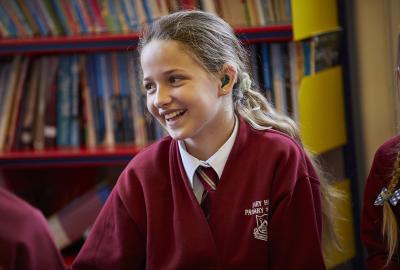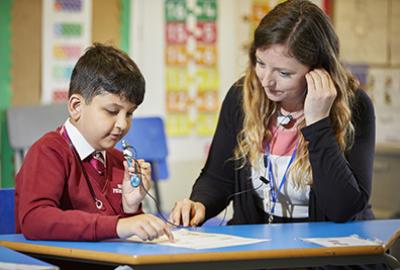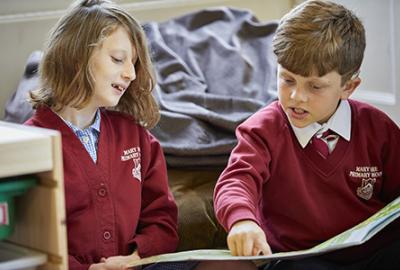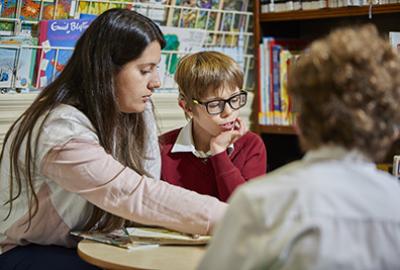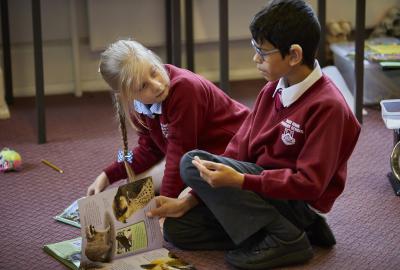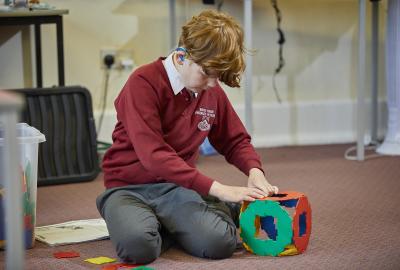Learning
We teach within an auditory oral philosophy which means we do not use signing in the classroom.
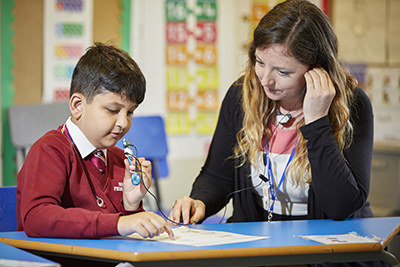 Pupils are put into sets for Maths and taught this subject every morning. Pupils also learn Computing, Art, Drama, Dance and Music. Sport is also an important subject for our pupils and we have local coaches supporting the development of pupils’ skills. We differentiate the National Curriculum to meet the individual needs of children.
Pupils are put into sets for Maths and taught this subject every morning. Pupils also learn Computing, Art, Drama, Dance and Music. Sport is also an important subject for our pupils and we have local coaches supporting the development of pupils’ skills. We differentiate the National Curriculum to meet the individual needs of children.
We review children’s progress regularly and set new targets. Assessment forms part of our teaching routine with children's progress being continually monitored in lessons to ensure that teaching and learning matches the needs of the pupils. At the start and end of modules of work the children are assessed using 'hot' and 'cold' tasks. Regular analysis of learning in the children's books also forms an important part of our checks to ensure the pupils are attaining against Key Performance Indicators of the National Curriculum.
We use Mary Hare Primary Learning Ladder booklets to support the children to take ownership of their own learning. They know what their next steps to achievement are. In addition, formal assessments are administered every term. These will include a reading assessment, an independent writing assessment and a maths assessment.
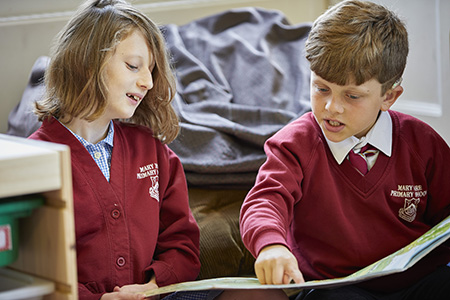 The majority of our pupils arrive working below the expected Year Group abilities. Our aim is to support these children with a low starting point to make up ground and also ensure the breadth and depth of progress is made by the most able too.
The majority of our pupils arrive working below the expected Year Group abilities. Our aim is to support these children with a low starting point to make up ground and also ensure the breadth and depth of progress is made by the most able too.
To read more about our internal assessment process, please click on the link below:
Assessment
English
The spoken English language is at the heart of the National Curriculum. Deaf children miss out on a huge amount of natural language learning but with support from the Speech and Language Therapists we develop the speaking and listening skills of all pupils.
How we teach English
Maths
We are keen that all our pupils enjoy learning Maths. We do this by engaging and enthusing the pupils, using a range of teaching methods and resources. All classrooms use the interactive white boards as a tool to deliver Mathematics lesson, playing fun interactive games, watching videos as a starter for a problem-solving lesson or to simply model calculation methods. Mathematics lessons are taught in sets, but in all classes there are differentiated activities to support different needs and this can also involve providing extra support from teaching assistants. Problem solving can be challenging for hearing impaired pupils who struggle to understand the language of maths but we tackle this head on with weekly whole school maths challenges which are fun and stimulating.
See the link to our school Calculation Policy to support learning.
How we teach Maths
Sport
Our PE timetable 2020-2021
Our Competition timetable
Our PE subject sheet
Swimming Success at the Panathlon National Deaf Swimming Finals
Sports Mark Award
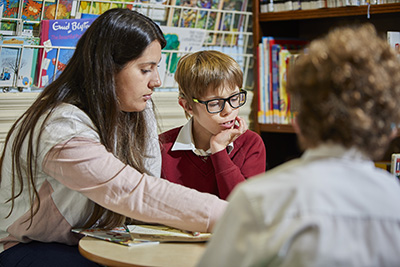 Other curricular areas
Other curricular areas
We are keen to ensure parents are enabled to support their child's learning so we send home a curriculum map on a half termly basis. Each child's map may differ slightly, reflecting our aim to meet individual needs. The topic plans below show you what each year group will be studying in this academic year.
Topic Plans for 2020/21 (Years 4-6)
Topic Plans for 2020/21(Years 2-3)
Transition
Not all pupils transition to the secondary school, although the majority will. All the pupils will take part in the secondary assessment process. This will ensure that their needs can be met and we will support the secondary in placing the pupils in the most suitable classes with like-minded peers.
 Pupils are put into sets for Maths and taught this subject every morning. Pupils also learn Computing, Art, Drama, Dance and Music. Sport is also an important subject for our pupils and we have local coaches supporting the development of pupils’ skills. We differentiate the National Curriculum to meet the individual needs of children.
Pupils are put into sets for Maths and taught this subject every morning. Pupils also learn Computing, Art, Drama, Dance and Music. Sport is also an important subject for our pupils and we have local coaches supporting the development of pupils’ skills. We differentiate the National Curriculum to meet the individual needs of children. The majority of our pupils arrive working below the expected Year Group abilities. Our aim is to support these children with a low starting point to make up ground and also ensure the breadth and depth of progress is made by the most able too.
The majority of our pupils arrive working below the expected Year Group abilities. Our aim is to support these children with a low starting point to make up ground and also ensure the breadth and depth of progress is made by the most able too.



 Other curricular areas
Other curricular areas